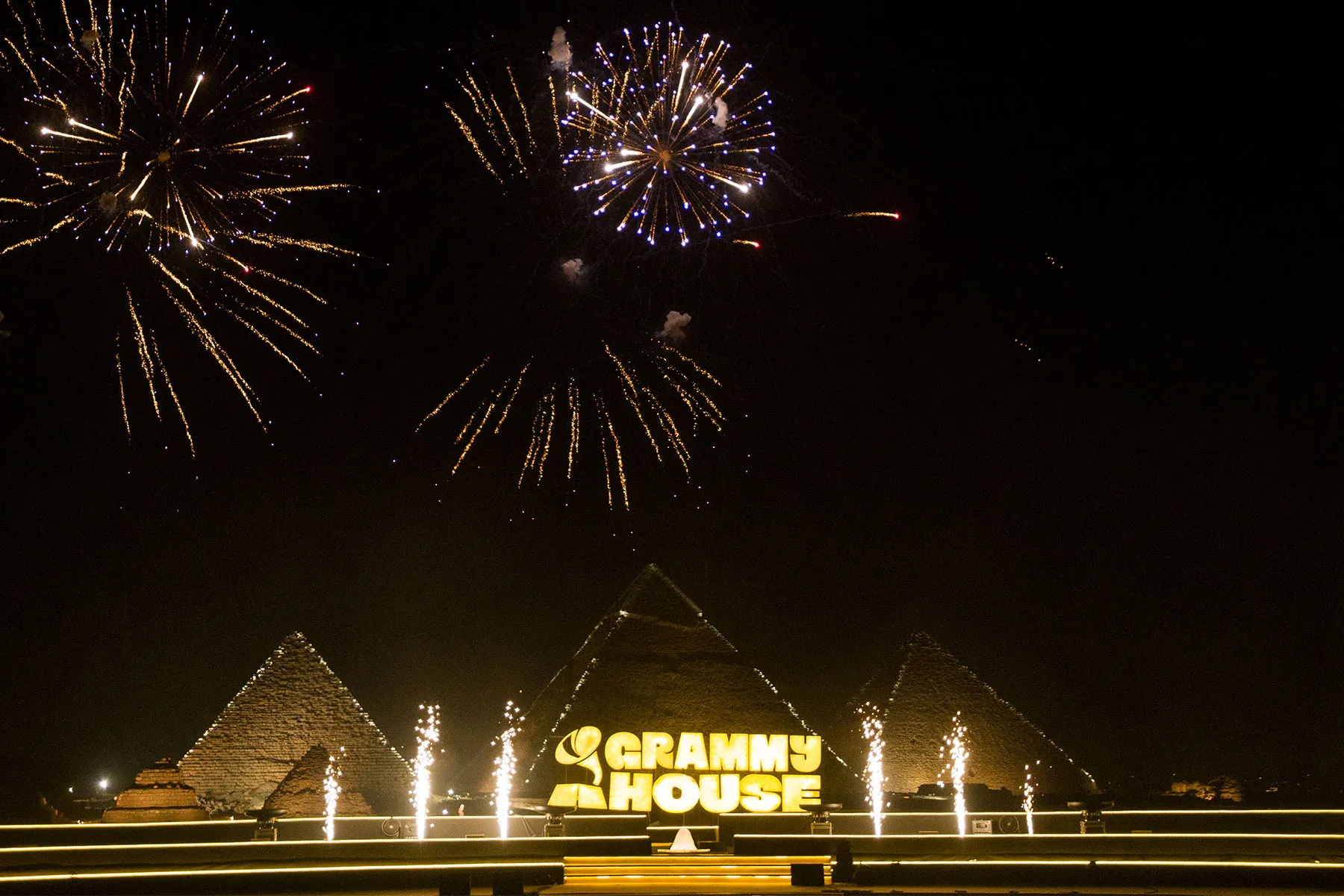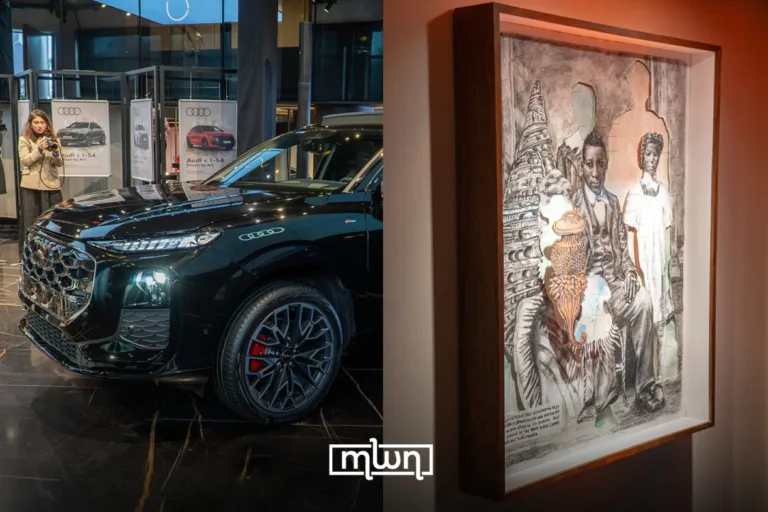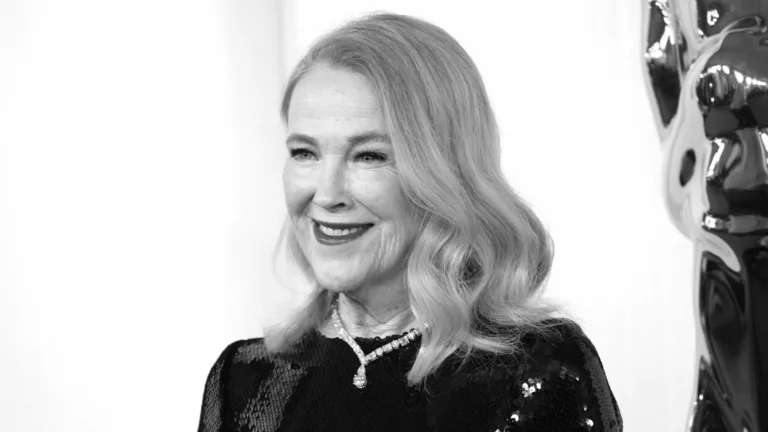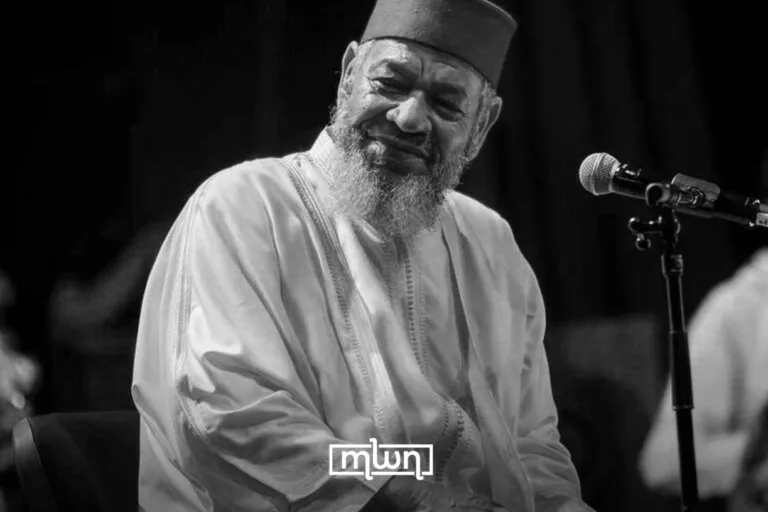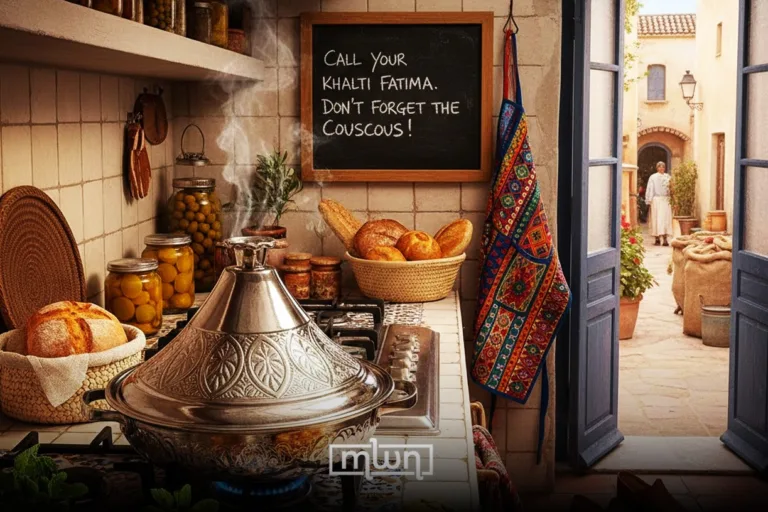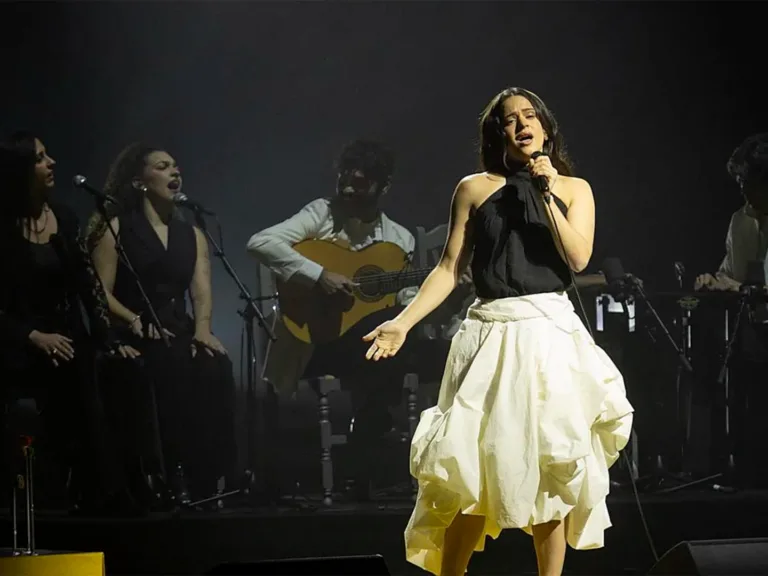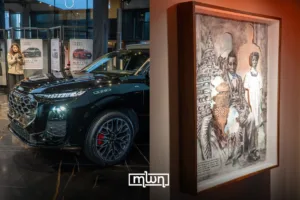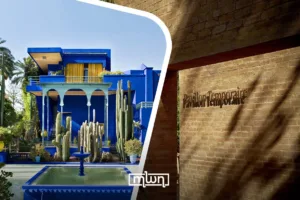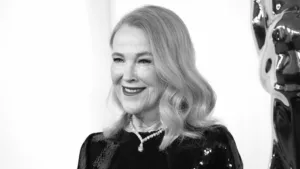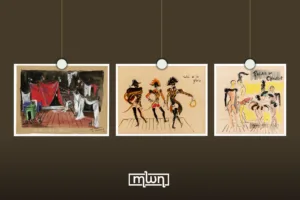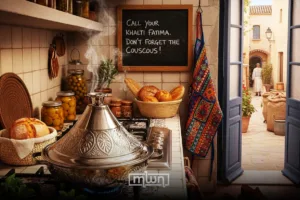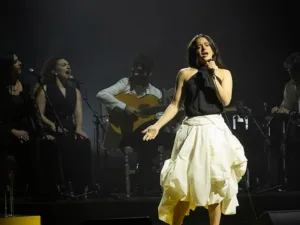Marrakech — In a dazzling celebration beneath the Egyptian pyramids, the Recording Academy — the organization behind the Grammy Awards — officially launched “Grammy House Giza,” its first-ever initiative outside the United States.
The launch event took place at the Giza Plateau in Cairo, attended by Harvey Mason Jr., CEO of the Recording Academy, and Kanazawa Yukio, CEO of Japan’s Titan Capital.
The evening brought together some of the biggest names in the Egyptian and Arab music scene, including Wegz, Hisham Abbas, Mohamed El Sharnouby, Aziz Maraka, Abu, lyricist Tamer Hussein, composer Aziz El Shafie, poet Amir Taema, producer Mohsen Gaber, and TV host Mona El Shazly.
The event’s stage was designed in the shape of the Eye of Horus, creating a breathtaking visual spectacle with the illuminated pyramids serving as the backdrop, blending Egyptian heritage with a global artistic vision.
Titan Capital’s CEO Kanazawa Yukio opened the evening, expressing his admiration for Egypt’s historical and cultural richness, stating, “We are honored to be here at such an inspiring historic site. Titan Capital is proud to be the first Japanese company to invest in Egypt.”
He also announced future investment plans, including the establishment of a fully integrated resort, a concert venue, and a series of new hotels.
Following his remarks, Harvey Mason Jr. took the stage to announce the official launch of “Grammy House Giza”, describing it as a milestone for musical collaboration between the Middle East, North Africa, and the rest of the world.
Our goal with this initiative is to strengthen the connection between music creators in the MENA region and their peers around the world,” Mason said.
“The next edition will feature training workshops and discussion sessions aimed at nurturing and developing musical talent in the region.”
The musical portion of the night began with Lebanese star Carole Samaha, who delivered a heartfelt performance that included her patriotic hit “Wahshani Bladi,” meaning “I Miss My Country”, energizing the audience.
She expressed her gratitude, saying she was “deeply honored to be part of such a global event in an iconic location.”
The evening concluded with a mesmerizing performance by the legendary Egyptian composer Omar Khairat, who performed some of his most celebrated pieces, including “Qadiyyat Am Ahmed” and “Khalli Balak Min Aqlak,” to the delight of fellow artists and industry figures.
Speaking to Billboard Arabia, Harvey Mason Jr. explained why the Recording Academy chose Giza as its first international site.
“Egypt is a central hub in the music industry of the Middle East and North Africa, thanks to its deep cultural heritage and the presence of a strong community of music creators,” he said.
“We wanted to do something different from the awards, programs, lectures, and cultural exchanges that help us better understand the region’s musical community.”
When asked whether new Grammy categories might soon be dedicated to the MENA region, Mason noted, “That would be extremely difficult, given the Academy’s strict criteria.”
“Any new category must be supported by a significant number of members. However, if there’s genuine interest from the region’s music creators, it’s something we can work toward. I also wouldn’t rule out the idea of a MENA-only Grammys in the future.”
The Grammy House initiative first launched in the United States in 2024, with locations in Los Angeles and New York, aiming to foster cross-cultural musical exchange and collaboration across genres and regions.

